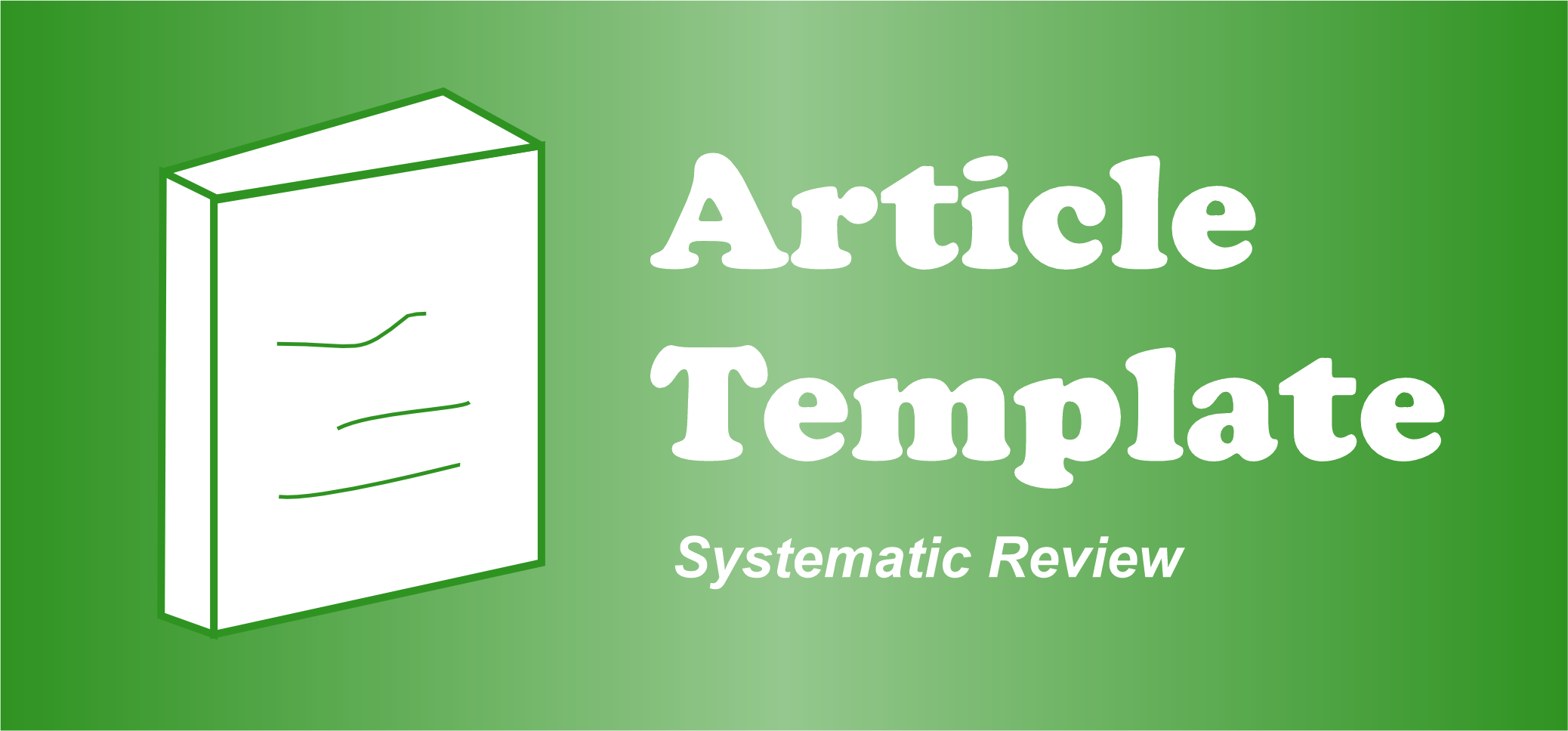TINGKAT KECEMASAN LANSIA DI WILAYAH RAWAN BENCANA TANAH LONGSOR DESA KEMUNING KECAMATAN NGARGOYOSO
DOI:
https://doi.org/10.51143/jksi.v8i1.380Abstract
Indonesia is prone to natural disasters because of its geographical and geological location. Regional Agency for Disaster Management (BPBD) of Karanganyar Regency considered that the most frequent natural disasters are landslides with 250 cases, cyclones with 231 cases, and fires with 44 cases. Furthermore, post-disaster victims have psychological reactions, such as mild or moderate mental disorders, which refer to PTSD, and severe disorders like psychosis, depression, and severe anxiety. This study aims to describe the anxiety level of the elderly in the landslide-prone area of Kemuning Village, Ngargoyoso District. The type of research was descriptive with a simple analysis. This study's population was elderly in Kemuning Village, Ngargoyoso District. Meanwhile, the sampling technique used purposive sampling technique. In addition, the level of anxiety in the elderly was measured by the Hamilton Anxiety Rating Scale (HARS) questionnaire. The result of the study is no anxiety (19.7%), mild anxiety (41%), moderate anxiety (26.5%), and severe anxiety (12.8%). Thus, most of the elderly in landslide-prone areas experience mild anxiety.
Downloads
Published
How to Cite
Issue
Section
License
Authors who publish with Jurnal Keperawatan Suaka Insan (JKSI) agree to the following terms:
1) Authors retain copyright and grant Jurnal Keperawatan Suaka Insan (JKSI) right of first publication with the work simultaneously licensed under a Creative Commons Attribution License CC BY that allows others to remix, adapt, and build upon the work with an acknowledgment of the work’s authorship and initial publication in this journal.
2) Authors are able to enter into separate, additional contractual arrangements for the non-exclusive distribution of the journal’s published version of the work (e.g., submit it to an institutional repository or publish it in a book), with an acknowledgment of its initial publication in this journal.
3)Authors are permitted and encouraged to post their work online (e.g., in institutional repositories or on their website) prior to and during the submission process, as this can lead to productive exchanges, as well as earlier and greater citation of published work (see the discussion about The Effect of Open Access).












